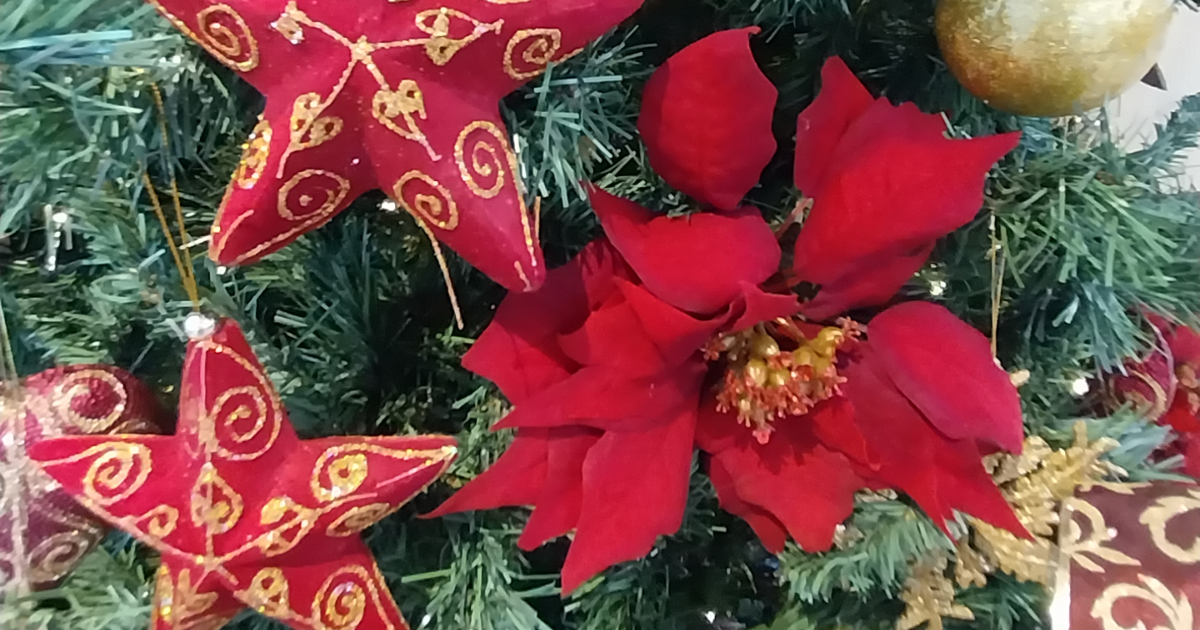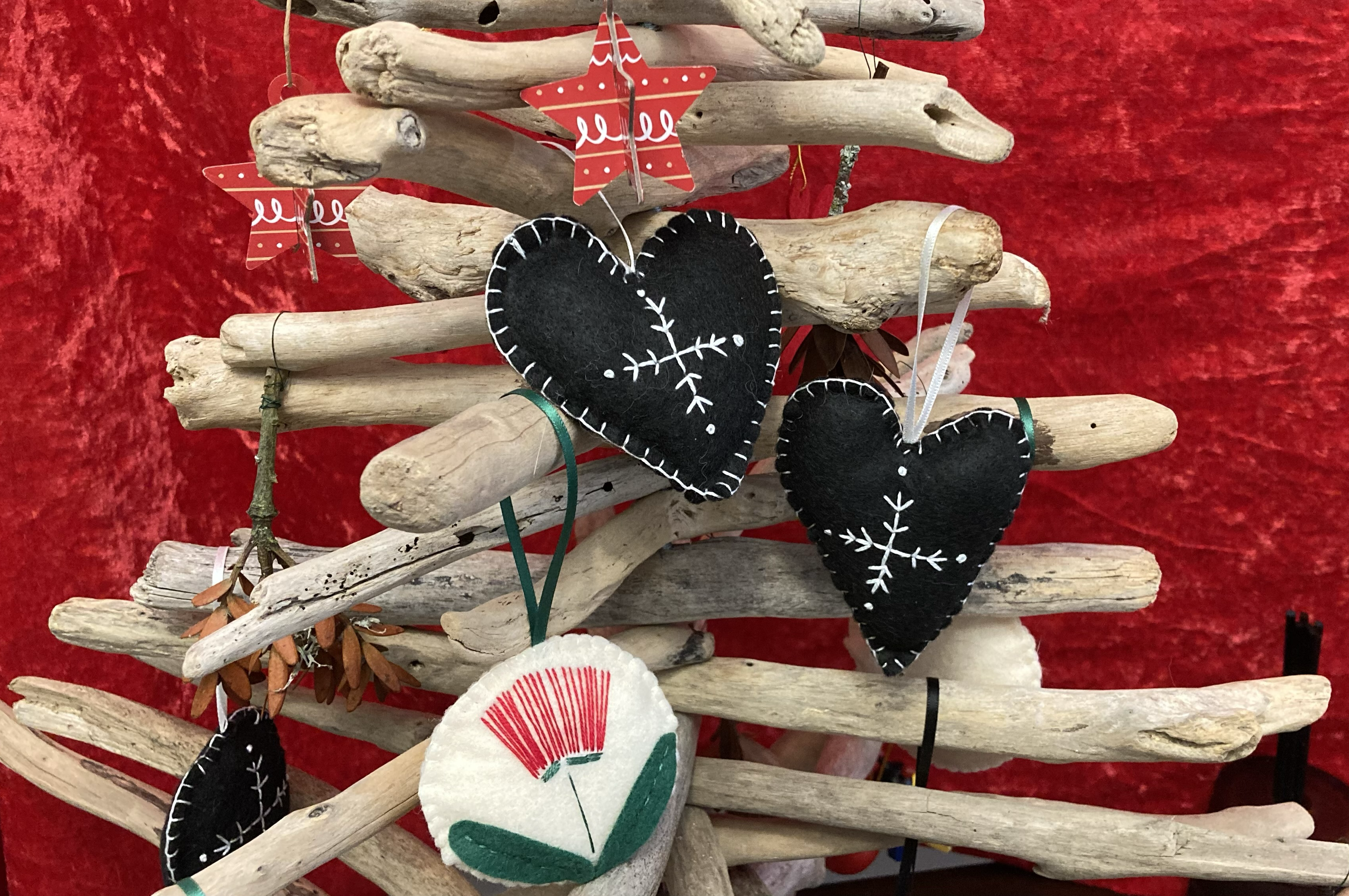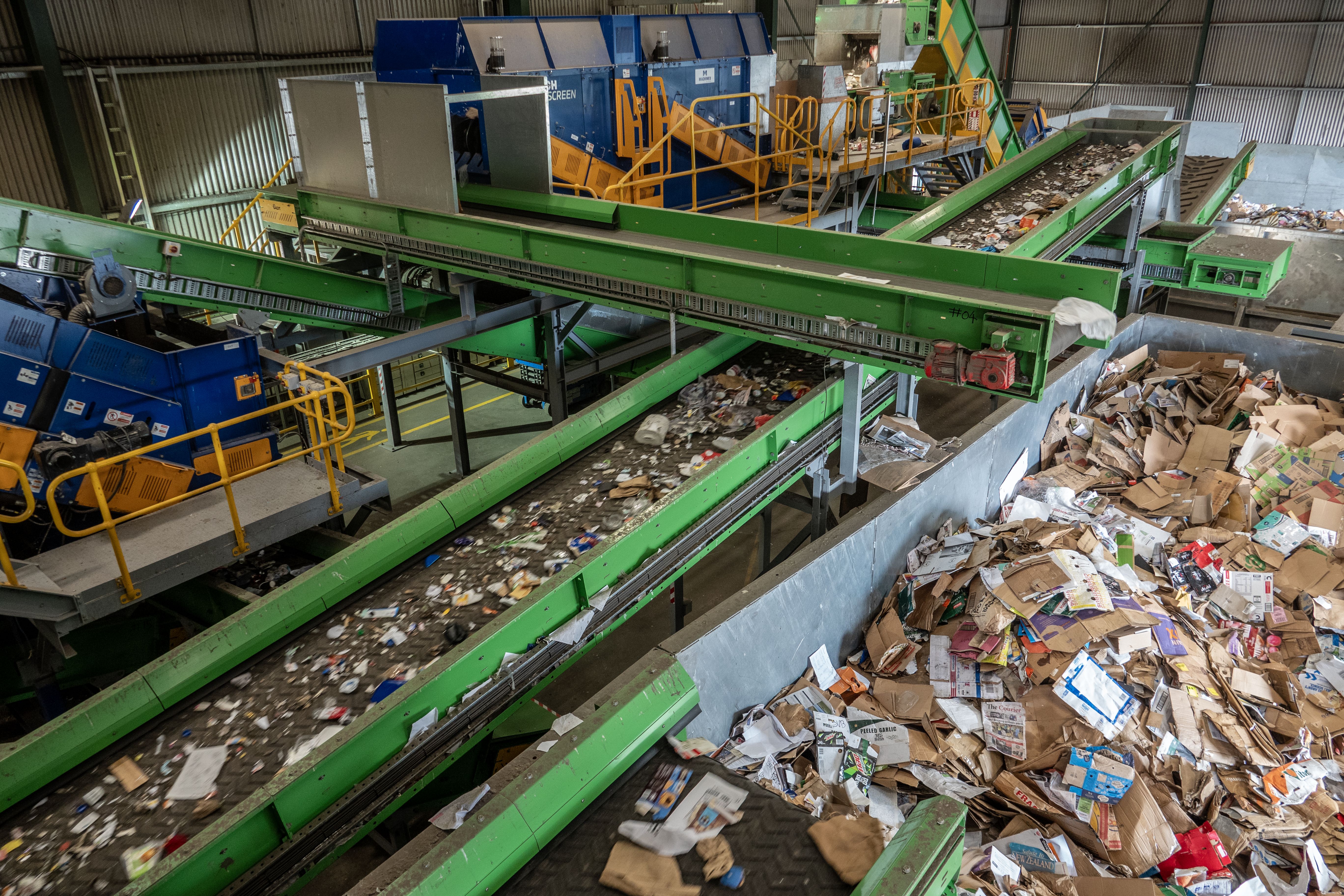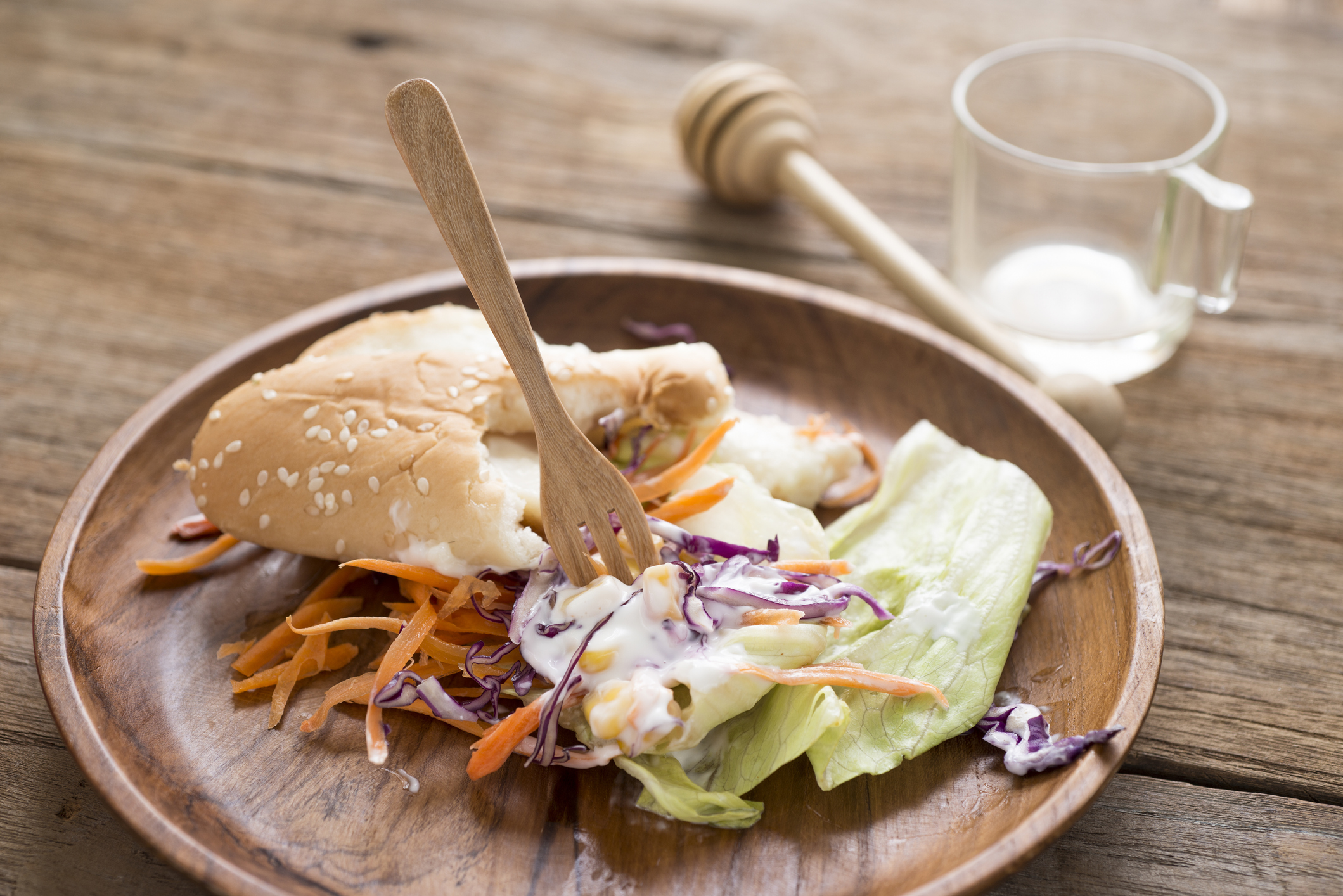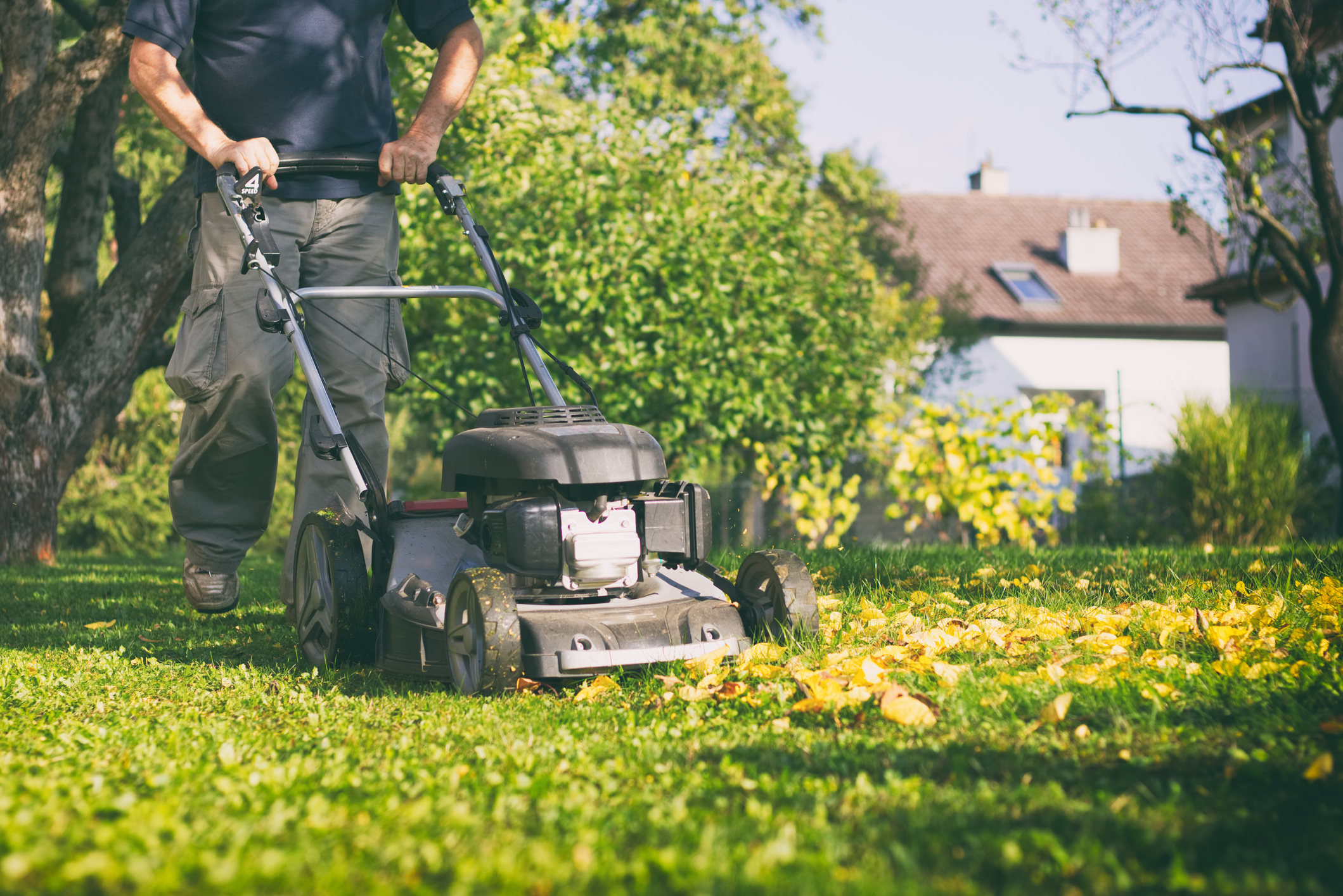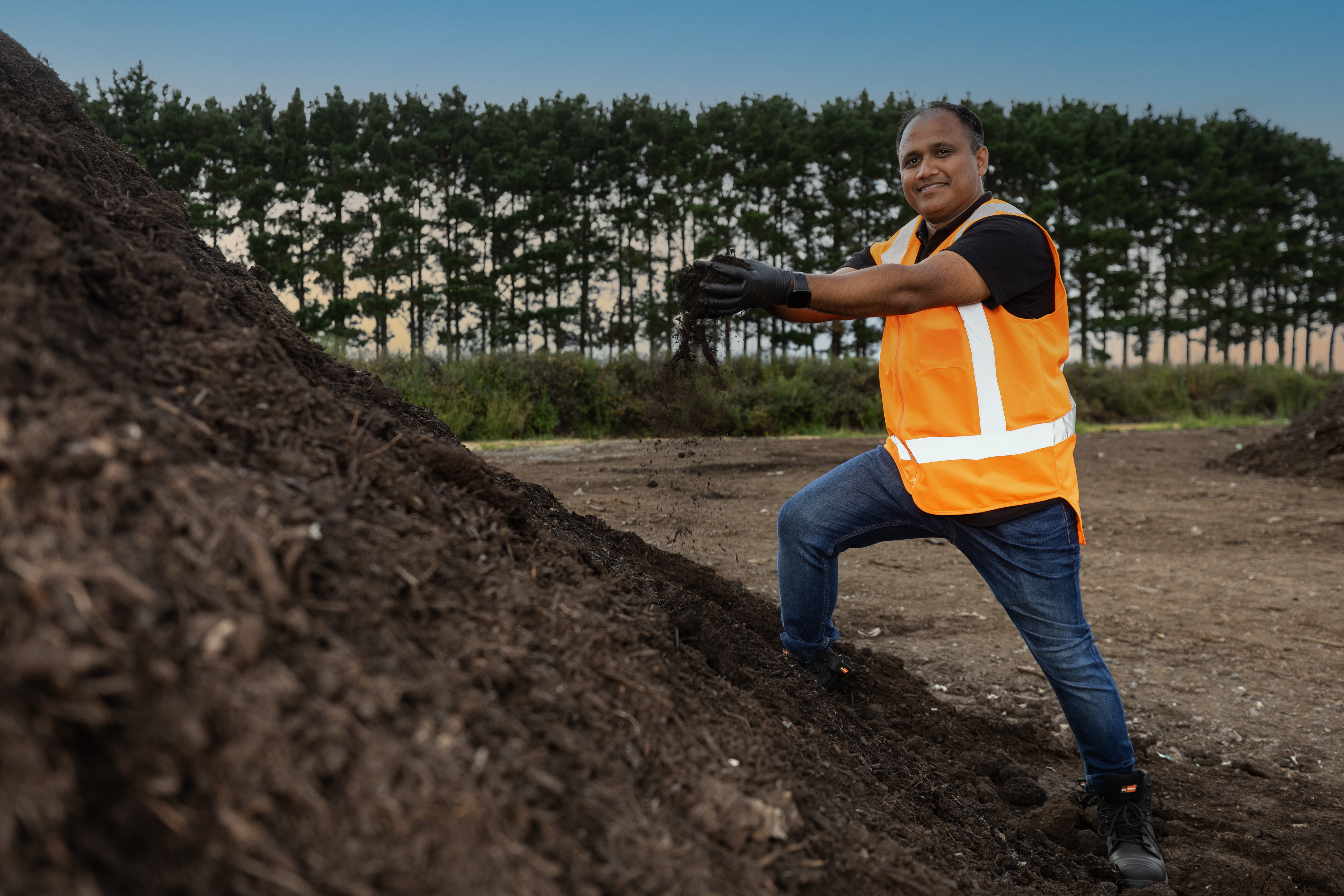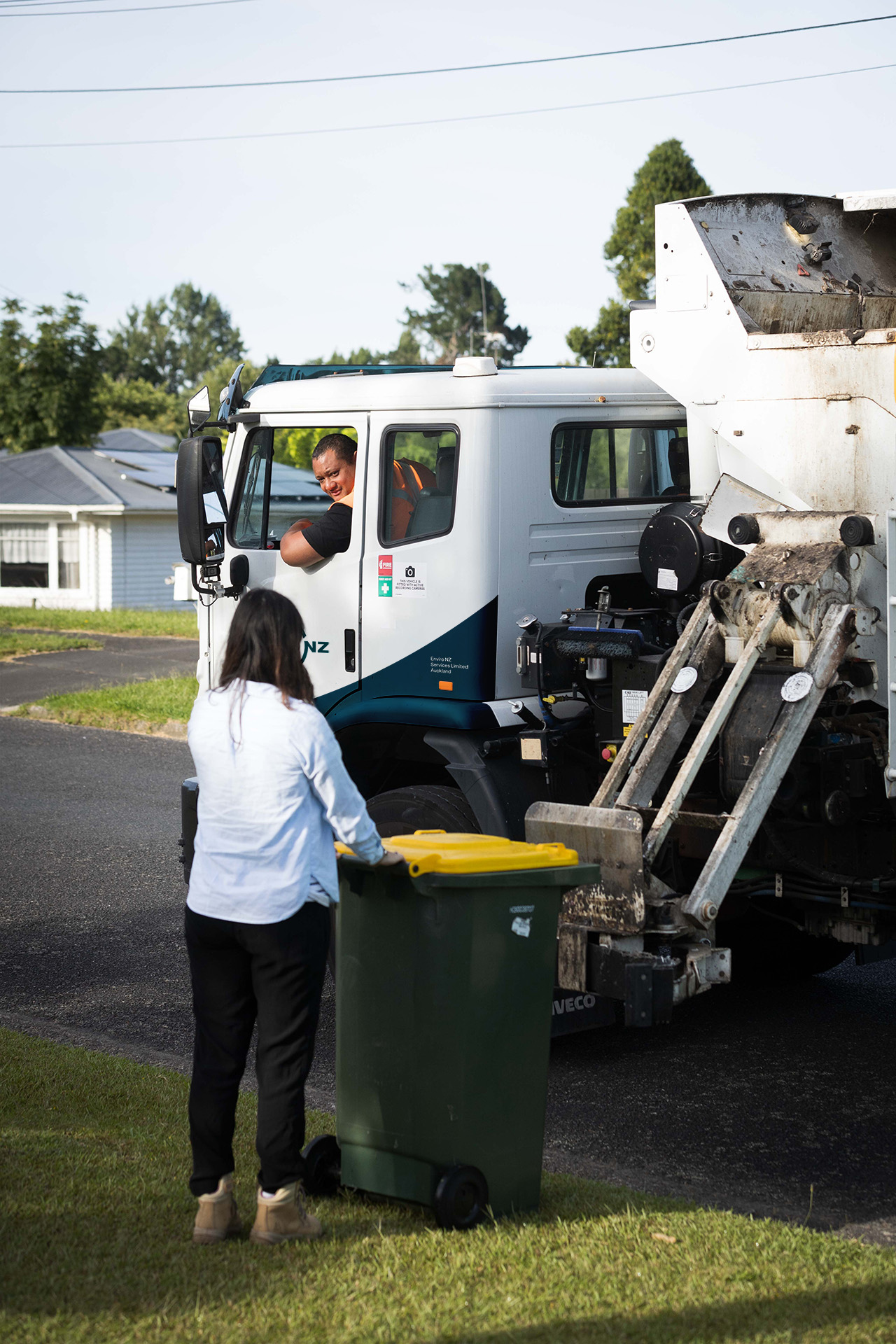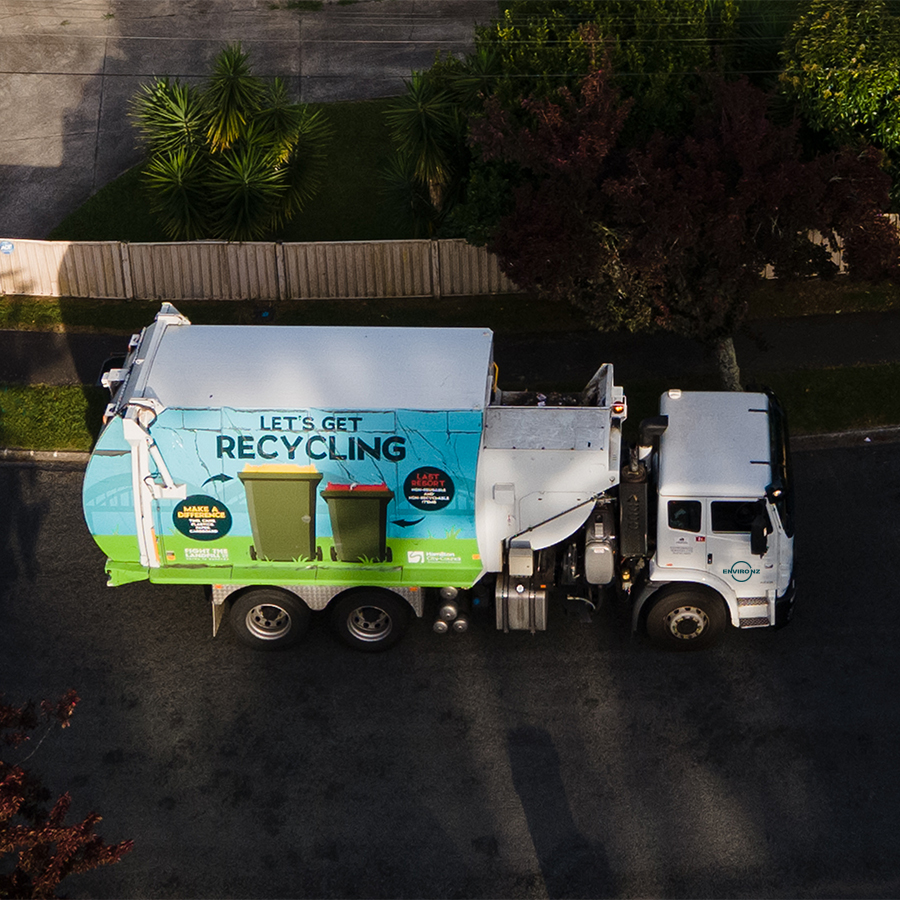When it comes to recycling, we all want to play our part in contributing to the circular economy and reducing our waste to landfill. Your standard kerbside recycling is a great way to help keep materials in circulation, but not everything recyclable can be collected in your bin. To help you become a recycling expert, here are five everyday items to keep out of your kerbside collections.
Soft plastics
Although many single-use soft plastic items are being phased out across the country, soft plastics remain one of the most common packaging materials in New Zealand. Prized for its malleable and stretchable nature, soft plastics package and protect a wide range of common household items, such as bread bags, chip packets, lolly wrappers and biscuit packets.
You may be surprised to learn that these scrunch-able soft plastics cannot go into your average kerbside recycling collection. Because of how malleable they are, these items can wreak havoc at commercial recycling centres, tangling themselves in the machinery, causing damage and delays. Instead of putting soft plastics in your kerbside recycling bin, many large national retail stores currently offer specialist, nationwide collections for these hard-to-recycle items. We recommend checking for local initiatives that support this in your area or putting them in your standard rubbish bin as a last resort.
Disposable coffee cups
Often decorated with recyclable symbols or sustainable messages, single-use coffee cups are generally made of plastics, bioplastics, or a unique blend of paper and plastics, making it difficult to separate the materials properly. Plus, with coffee and milk residue lingering inside, recycling these disposable cups commercially anywhere in New Zealand is practically impossible. But what about the lids? In some cases, the lid on your coffee may be recyclable. Make sure to give your coffee cup lid a look over and a rinse, keeping an eye out for the symbols that indicate it's made from either plastic 1,2 or 5. If you can see these numbers printed on the lid, it's ok for them to go in your recycling bin.
It's also more than recycling that faces hurdles. When it comes to composting, there are significant challenges as well. For compostable packaging to break down effectively, it requires specific commercial composting conditions, which aren't always readily available in New Zealand. Because of this, using a reusable cup or flask is a more sustainable option to reduce your personal waste to landfill.
Clothing
‘Wish-cycling’ is when someone places an item into a recycling bin, hoping it’s commercially recyclable, without looking into it first. Your average recycling facility in New Zealand is typically set up to handle specific mass-produced materials such as paper, glass or plastic, as these can be commercially reused or repurposed. These facilities are not equipped to process textile materials used in clothing, such as cotton, polyester, wool or silk (among others).
The good news is that unwanted or damaged clothing doesn’t necessarily need to go landfill. If your clothing is in good enough condition, there are countless clothing donation bins conveniently located across the country for you to drop them off at. Similarly, non-profit organisations such as Habitat for Humanity are often more than happy to take your unwanted garments off your hands for you.
There are plenty of ways exist to keep damaged or irreparable clothing out of landfill. Instead of throwing them in the bin, try upcycling your broken clothes by finding new uses for the materials. Torn t-shirt? That’ll make a useful rag for your next messy DIY project. Alternatively, another waste-free option is to donate the raw materials to a local textile recycling program to keep them in circulation.
Electronics
Batteries and electronic devices like phones should never be put in your home's recycling bin – even if most of the product is made from plastic or metal. These products pose a major fire risk when mixed with paper and other burnable recyclables, which could cause serious harm to your local collection driver and other members of the public. In addition to safety risks, the toxic substances and heavy metals found in batteries have the potential to cause widespread contamination, rendering entire batches of recyclables unusable and sentencing them to life in a landfill.
To help keep these materials in circulation and local recycling staff safe, it's best to separate your batteries and electronics from your standard waste and recycling and drop them off at a designated collection point, where they can be recycled or responsibly disposed of. Many local councils and businesses in New Zealand, including Enviro NZ, have started offering dedicated e-waste recycling programmes to help customers dispose of these tricky items.
Nappies (seriously)
Owners and operators of some of the country’s biggest Materials Recovery Facilities (MRFs), Enviro NZ sees all sorts of rubbish being incorrectly thrown in with people’s recycling, contaminating the mix. One of the most surprisingly common contaminants we find are nappies, both clean and… not so clean. Clean nappies cannot be commercially recycled due to being made from materials such as absorbent polymers. Dirty nappies really shouldn’t need an explanation. Human waste presents significant health and hygiene risks and can contaminate entire mixes of recycling. For the good of the country’s recyclables (and the sanity of recycling staff across the country), please dispose of nappies of any in your general waste bin.
